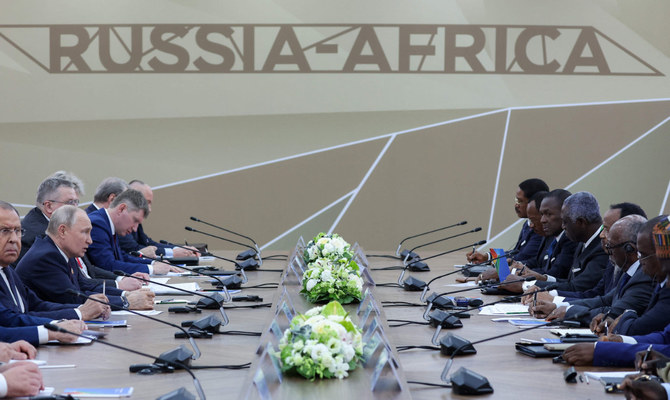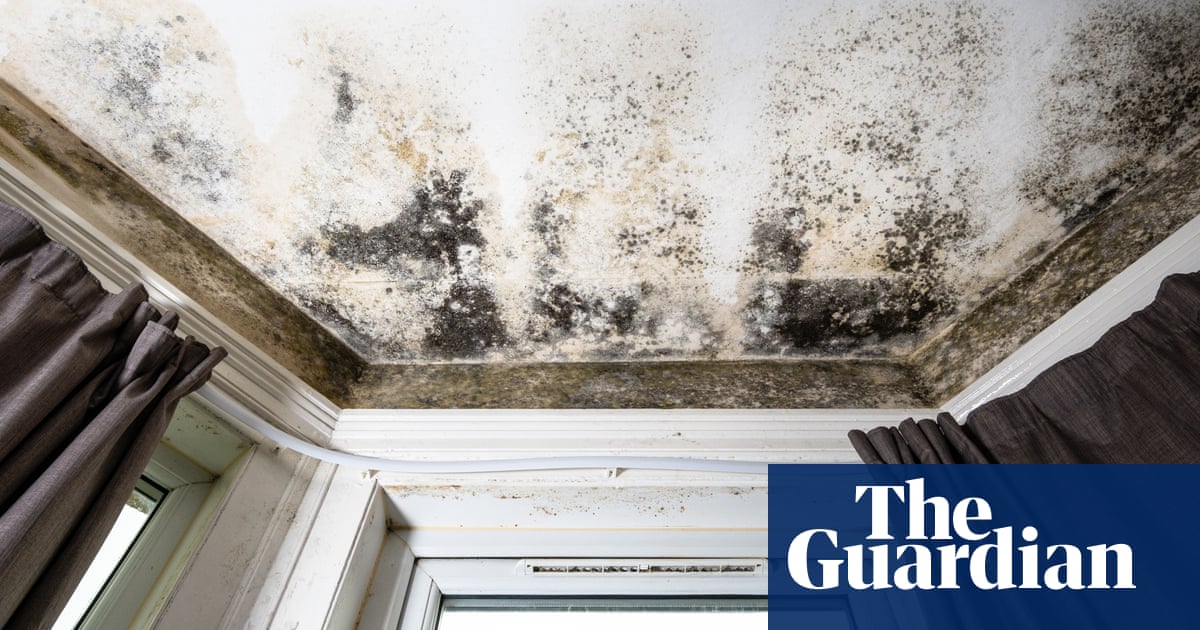
The first thing Jamie Amendolia’s boys ask him when he picks them up from school every afternoon is the same: “Is training on? Is the game on? Has it been called off? Are we playing?”
Both of his sons, Sebastian, 10, and Alexander, eight, play football at Enfield FC in Sydney’s inner west. They’re footy fanatics. Except both have had their season thrown into chaos by the wet weather that has hit and bogged down Sydney’s weekends for months.
Since March, 12 of 19 Saturdays in Sydney have been washed out by rain, leaving amateur and semi-professional schedules in chaos. All four Saturdays in May were blitzed by rain, followed by four in a row in June.
Competitive football divisions, usually under-13s and above, have had to reschedule matches. But that has just caused a traffic jam of rescheduled dates at booked-out fields. For children playing under-12s and below, their matches are just cancelled. It has been a huge disappointment for children and parents.
Amendolia says nearly half of his sons’ training sessions and matches have been called off because of the weather. While sometimes the matches are rescheduled at synthetic grounds, in most cases Sebastian and Alexander are left with a big hole in their weekend.
“You see the disappointment on their faces straight away,” Amendolia said. “They are always asking about it, it’s always on their minds.
“It’s been terrible for the kids [and] it’s frustrating for us as well, because you want to see them out there. You want to see them building friendships. You want to see them getting healthy, being active.”
The rain “always seems to start on a Friday”, he said, leaving parents and children exasperated and frustrated across the city.
“I know some people want us to go back to the old days and have them play in the rain and mud but times have changed. People get injured, it isn’t worth it.”
By early June, Sydney had recorded more than 1,000mm of rain, a level of rainfall the city would usually reach in October, according to Weatherzone. That amount of precipitation puts 2024 in the top 2% of historical records up to this point in the year.
The endless cancellations have hurt the wallet too, Amendolia says. There are registration fees and the money spent transporting children to and from the fields: “It all comes at a cost, and it’s all going down the drain.”
Football Canterbury, one of the associations that has had to reschedule many of its matches, said in an email to members it would be extending the seasons for some of its teams by one week, to accommodate washed-out fixtures.
The club said the wet weather had “severely impacted” premiership football (for players under-13 and up). It was forced to reschedule some fixtures for different times during the season.
Football St George told its members in a letter there had been 486 washed-out matches so far this year. They had to schedule matches midweek, including double headers, to try to keep up.
Brigida Pacheco said her teenage son and daughter’s lives had been heavily disrupted by the big wet, with her son unable to play a match since May.
Sign up for Guardian Australia’s free morning and afternoon email newsletters for your daily news roundup
“It can be so disruptive, because you plan your weekends as a family around where the kids are playing, and you try to ensure nothing clashes and everything is planned, and it all falls apart at the last minute,” she said.
“The kids get so disappointed, they start to lose momentum when they don’t play for this long.”
She said the longer the wet weather goes on, the more frustrated and disengaged they become.
“They’re disheartened. They don’t know when they will play again, and sometimes it is five matches in a row that are washed out, with training also cancelled.
“Everyone in Sydney wants the rain to stop. Its not just kids and football. Everyone has cabin fever, everyone is stuck indoors and its driving everyone nuts.”
Canterbury-Bankstown council, Burwood council and Georges River council said they were working with clubs to improve irrigation and drainage. They have encouraged clubs to play midweek games where possible.
Victor Jeries, the president at Enfield FC, said the endless deluges had affected the club “extensively” and it was trying to juggle a “major backlog” of games.
“We’re the only ground in the Canterbury association that has four playable fields with spotlights for night matches,” he said. “And they have been holding night matches at our field every night to catch up.
“Our club gets kicked off the grounds and can’t train midweek because of that and, with the extensive rain, sometimes those matches aren’t played as well.”
He said some of the teams at his club had not yet played half a season.
The club was in “dire straits” trying to manage schedules. “In some cases, teams have had to play three games in four days. There’s not time for recovery for players.”
He said the scheduling chaos meant players’ fitness levels were down and there had been an increased rate of injuries. A sense of despondency had crept across football communities in Sydney.
In New South Wales, more than 50% of football fields have no drainage and can become unusable in the rain. Only one in four football fields have lighting capable of hosting matches, leaving the rest dependent on sunny weekends.
Like everyone else, Football NSW told Guardian Australia the dire weather was having a “significant impact on community football”.
The situation was further complicated by a 10.3% increase in player numbers this year, equating to more than 23,300 more players taking the field, the organisation said.
“While all associations and competitions have been affected to some extent, the level of impact vastly differs based on the quantity and quality of fields in each respective council area,” a spokesperson said.
“As a long-term means of increasing field availability and meeting the growing demand for the sport, Football NSW continues to advocate for improved drainage infrastructure, increased lighting and the install of correct turf cultivar (ie couch grass rather than kikuyu) at playing fields across the state.”
Football Australia supported the installation of synthetic fields, “particularly in densely populated areas” of Sydney: “Synthetic fields are not the only answer but forms part of the solution, alongside drainage, lighting and turf upgrades, to minimise the number of games that are washed out due to wet weather.”
Synthetic grass, or astroturf, is a controversial alternative to natural grass. While the surface can be used in the rain, it comes with a range of problems.
Players have been known to get injured more often on synthetic fields. It retains much more heat than natural grass and experts have raised concerns about the absorption of microplastics.
Garnet Brownbill, from the Natural Turf Alliance, said synthetic fields would be a “very shortsighted approach”, particularly given a warming climate.
“If you are on the ground on these fields, you are getting rubber crumbs in your eyes, you’re breathing them in,” he said. “By putting down more plastic in our environment, we’re only further contributing to climate change impacts, which lead to the weather we’re having.”
He added that it was informal users, mostly in the summer, who would suffer because of the increased heat retention, and that one wet year shouldn’t impact long-term decisions for these fields.
“Would you let your kid go and play out on 50,000 car tyres? No way, but that is what they shred up and put into a synthetic turf pitch.”












